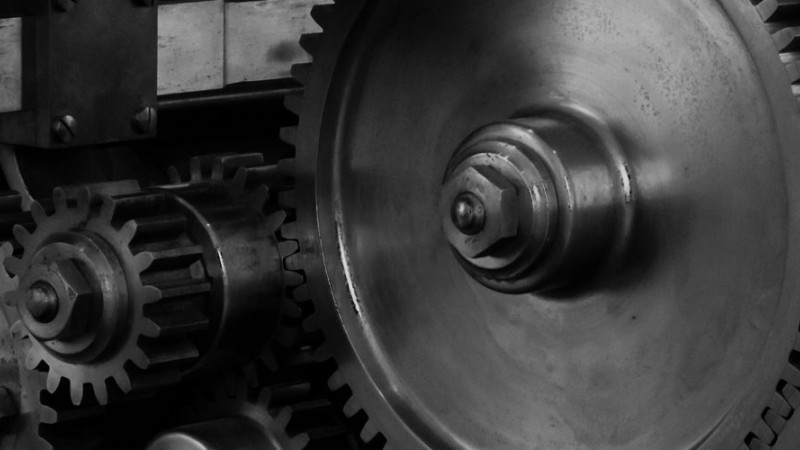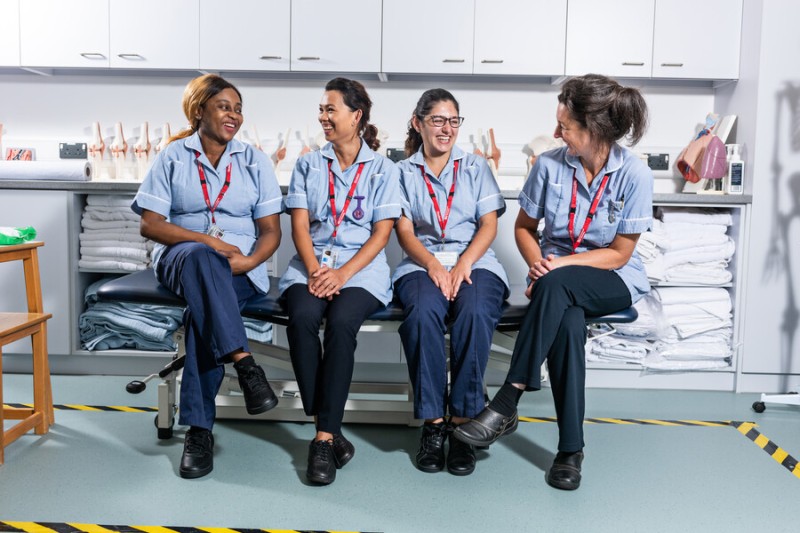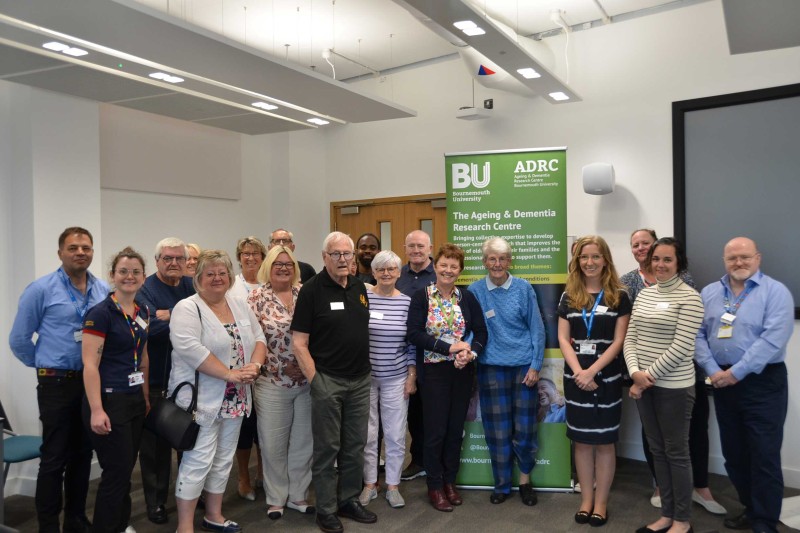Preparing for and recovering from crisis
Find out more about our work and researchOur research shapes and changes the world around us, providing solutions to real-world problems and informing the education we deliver. Our students are a key part of the research we conduct, co-creating knowledge with us and playing a crucial role in everything that we do.
Global Impact: Drowning prevention in rural Bangladesh
BU is leading a research project to look at drowning prevention in rural Bangladesh, especially among children under two years old. The project, called Sonamoni, will seek to create interventions and education to support communities and prevent drowning among young children in the country.
Find out more about the project







